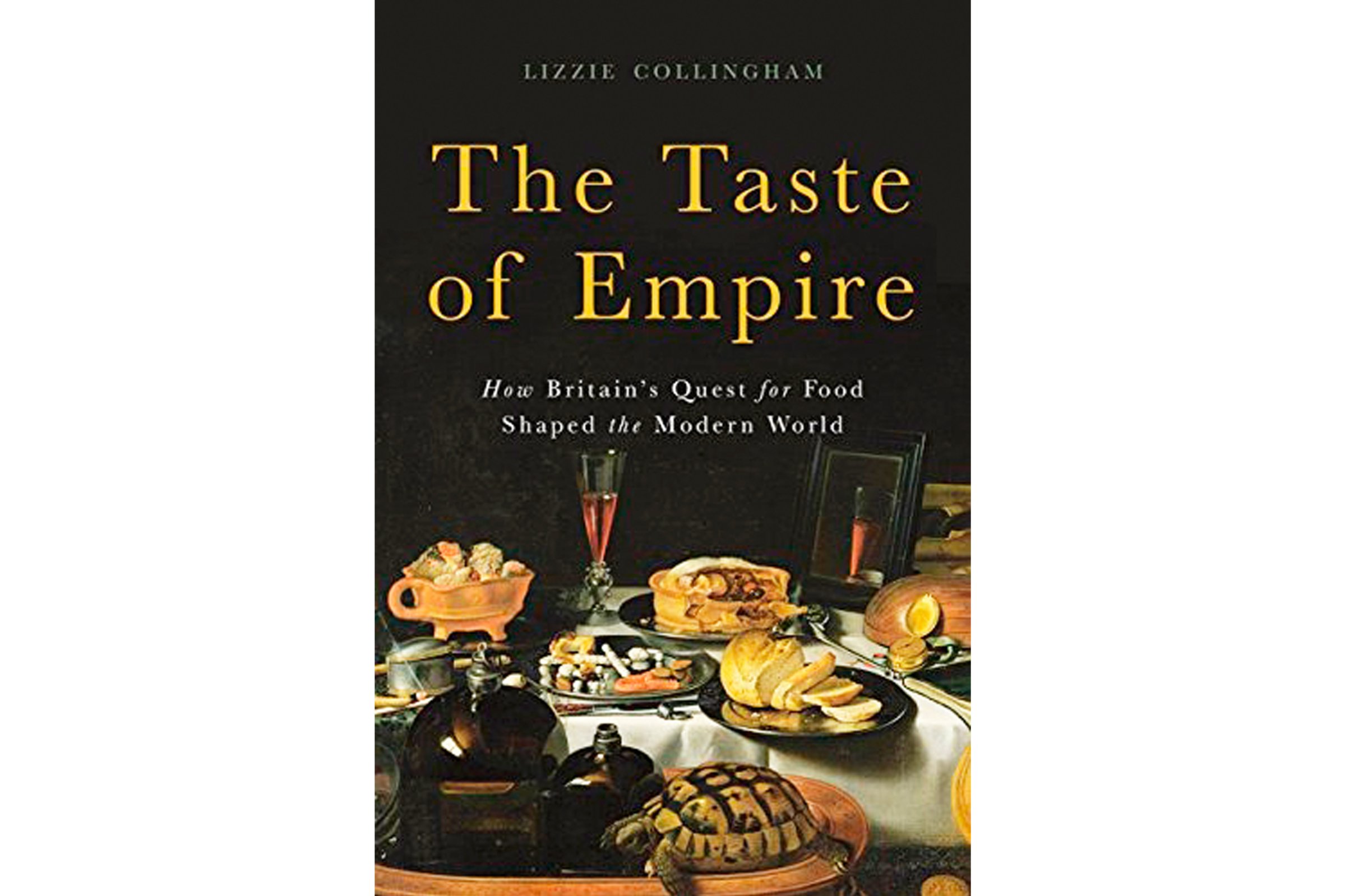
There are many factors that drove Britain’s centuries-long quest for world domination. But one of the biggest, argues historian Lizzie Collingham in her new book The Taste of Empire, was a taste for better, more exotic food, from India’s pepper and tea to Barbados’ sugar.
Over time, the pursuit of these far-flung delicacies led to large-scale oppression — evident not least in the slave trade — whose effects still linger in the ex-colonies today.
But that’s not all the British left behind. As their trade routes grew bigger and more complex, they changed the culinary landscapes of the countries they touched — introducing African rice to South Carolina, for example, and curry to Guyana with the shipping of Indian labor. In the process, they upended their domestic diet as well.
“By the 1930s, the wheat to make the working man’s loaf was supplied by Canada,” Collingham writes, “and his Sunday leg of lamb had been fattened on New Zealand’s grasslands.”
More Must-Reads from TIME
- Donald Trump Is TIME's 2024 Person of the Year
- Why We Chose Trump as Person of the Year
- Is Intermittent Fasting Good or Bad for You?
- The 100 Must-Read Books of 2024
- The 20 Best Christmas TV Episodes
- Column: If Optimism Feels Ridiculous Now, Try Hope
- The Future of Climate Action Is Trade Policy
- Merle Bombardieri Is Helping People Make the Baby Decision
Contact us at letters@time.com